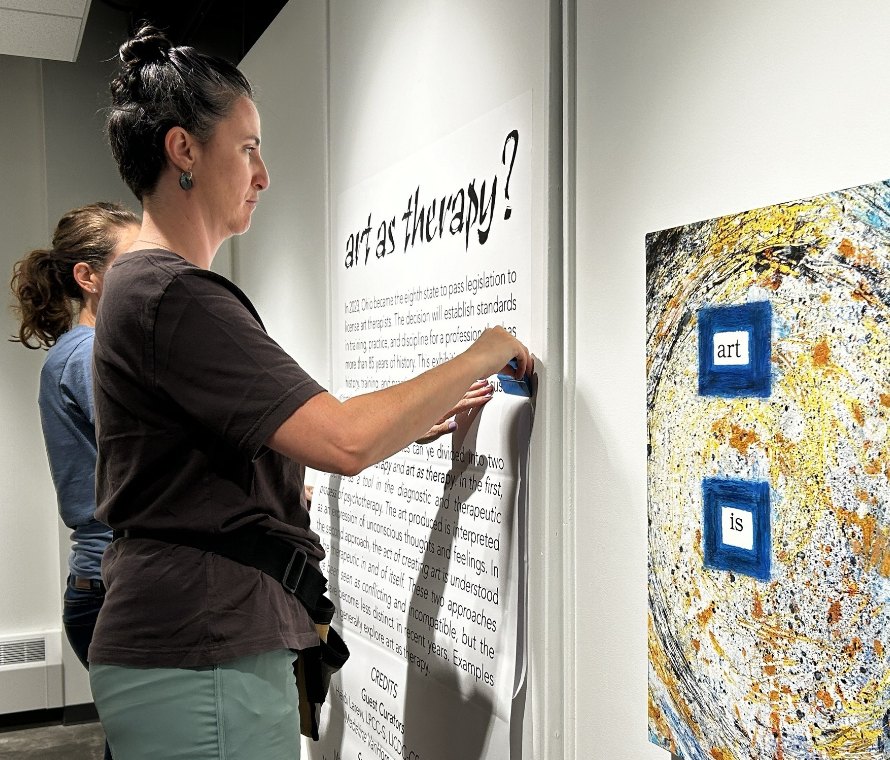By: Molly Gase
“The more you read, the more things you will know. The more that you learn, the more places you’ll go.”
Dr. Suess expressed frequently in his books that the path to bettering one’s place in life is through education, particularly through reading. However, the question is no longer where we will go through the reading of books, but instead where the physical books are going.
In a society that prides itself on advancements in technology, where does the traditional print book fit into the picture?
The University of Akron’s campus in recent times has shown a decrease in the carrying of physical books and an increase in the e-book. Instead of bags full of textbooks, students carry iPads, Kindles or lap-top computers. To read, one must now have a fully charged battery or a nearby power outlet.
The University of Akron’s campus bookstore is one place where the division between the physical book and the digital book can be seen. In a conversation with the main campus bookstore, Barnes and Noble, at the beginning of the fall semester, the concept of the Nook Book as a popular option for students was discussed.
As a part of the Barnes and Noble chain, the campus bookstore is affiliated with the Nook e-reader. The Nook is a tablet reader that allows students to read their texts on the screen instead of having to purchase a traditional textbook.
A main advantage connected to the e-book is cost. The bookstore made a point in emphasizing the difference in price between the e-book and print version. However, are the cheaper prices and decreased hassle of hauling around physical books enough to alter the buying habits of students at UA?
Senior Stacy Combest, an Art History major, spoke about her feelings on the e-book option as a positive.
“E-books are so convenient, not to mention cheaper,” Combest said. “I have saved over $300 by either renting or purchasing my textbooks this way.” Combest continued to speak about how the overwhelming prices of textbooks are decreased through this alternative option.
The convenience factor of e-books is another major selling point for students. Combest spoke of how the option of the e-book for her classes is making her semester a little simpler.
“I own a Kindle and also have my books on my computer,” Combest said. “Since I tend to read more than two books at a time, no matter where I am I can pull out my books and read.”
The sense of multi-tasking is enhanced by the increased mobility of the tablet or portable computer.
Some students at UA, however, still hold a preference for the more traditional form of studying. UA student Katherine Fike is a fan of holding her actual textbooks.
“I prefer my textbooks because they don’t make my eyes hurt and I can easily turn a page to look back and review something,” Fike said. She also stated that the hard copy of the text makes her study harder and focus on the task at hand.
Apart from the practical reasons for students either liking or disliking the e-book option, there is still a sense of nostalgia expressed by students for physical books. Both Combest and Fike expressed their love for having a physical text, even though they differed in opinion over the value of using e-books.
[polldaddy poll=5656775]





